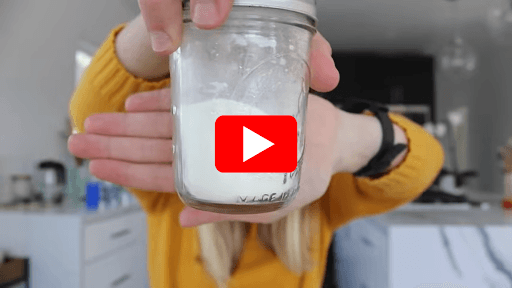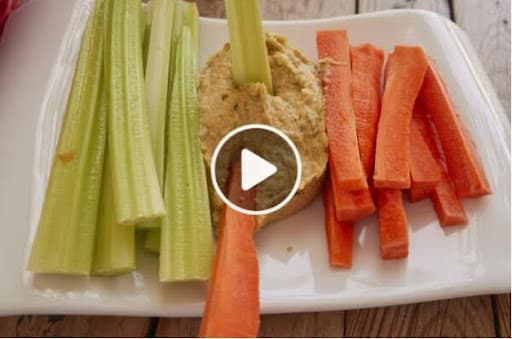9 Miracle Foods to Prevent Colon Polyps and Stop Bowel Cancer (Must Eat!)
Have you ever wondered about your colon health or the silent threat of colon cancer? It's a crucial topic that often gets sidelined, but maintaining colon health is vital for overall well-being.
Colon cancer typically begins with small, harmless "pops" in the colon lining, similar to little bumps on a road. Over time, these can silently become a serious threat as they may evolve into cancerous cells spreading to other body parts.
The good news is that if caught early, colon cancer is often treatable and even curable. Furthermore, our daily diet plays a pivotal role in preventing these formations and halting cancer progression.
First on our list is an everyday snack—walnuts. These nuts are dense with nutrients, fiber, and packed with antioxidants and omega-3 fatty acids, all of which contribute to reducing inflammation and oxidative stress in the colon.
- A study in the Journal of Nutritional Biochemistry reports a diet rich in walnuts results in fewer and smaller tumors.
The second food, Sauerkraut, surprises many with its colon benefits. Rich in dietary fiber and probiotics, it supports bowel regularity and balances gut flora while vitamin C offers antioxidant advantages.
According to the World Journal of Gastroenterology, probiotics found in sauerkraut can inhibit polyps formation, reducing colon cancer risk.
With a remarkable 11 grams of fiber per ounce, chia seeds boost colon health by promoting bowel movement regularity and cell protection via antioxidants. Additional research in the Journal of Food Science and Technology highlights their top-tier antioxidant activity.
Leafy greens and cruciferous vegetables wield high concentrations of antioxidants and fiber, all reducing the risk of colon polyp formation. They maintain lining health and help guard against obesity’s risks to colon health.
Apples and raspberries, rich in dietary fiber and special compounds, assist colon health by reducing inflammation and preventing tumor growth, as seen in related nutrition journals.
While red meats can be risky, opting for white meats or plant-based proteins provides a colon-friendly alternative rich in essential nutrients promoting bowel health.
Whole grains, boasting fiber-rich profiles, push waste through the digestive system efficiently, reducing colon blockage risks. Research underscores their profound benefits when diversely integrated into meals.
Omega-3-rich fatty fish like salmon exhibits anti-inflammatory properties, staving off polyps and guarding against further cancer progression, as evidenced by health journals.
Exercise is shown to significantly reduce polyp and colon cancer risks. Staying active maintains a healthy weight, enhances waste movement through the colon, and decreases inflammation.
According to the American Cancer Society, adults should aim for at least 150 minutes of moderate activity weekly to maintain optimal health.
Don't underestimate the powerful combo of a balanced diet and regular physical activity as a defense against colon polyps and cancer.
From Around The Web
Wellness Inbox is a blog & weekly newsletter that curates trending news and products related to health and wellness from around the web. We also gather content from various sources, including leading health professionals, and deliver it directly to you.
Please note that we may receive compensation if you purchase any products featured in our newsletter. Wellness Inbox is not affiliated with, nor does it endorse, any health professionals whose content may appear in our newsletter. The information provided is for general informational purposes only and should not be considered medical advice.
The information provided is not intended to replace professional medical advice, diagnosis, or treatment. All content, including text, graphics, images, and information available is for general informational purposes only. We do not guarantee the accuracy or completeness of any information presented and assume no liability for any errors or omissions. The content is subject to change without notice. We encourage you to verify any information with other reliable sources and consult your physician regarding any medical conditions or treatments.







